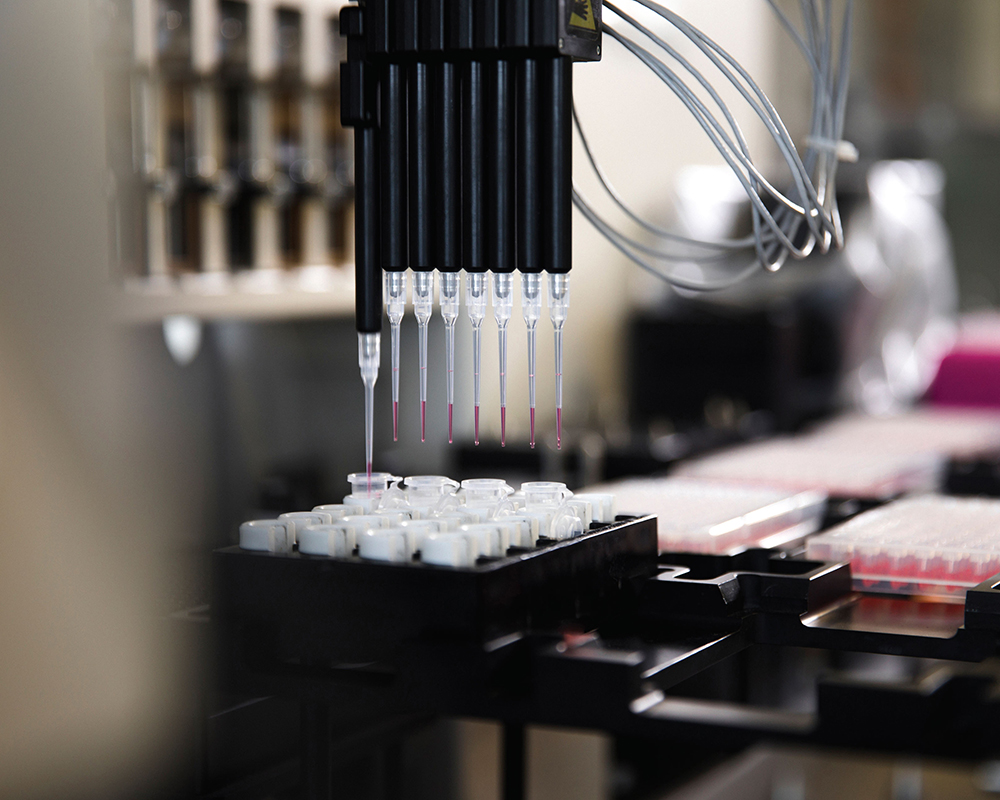Among the first set of nearly 100,000 whole genome sequences from participant partners in the National Institutes of Health’s (NIH) All of Us Research Program, “about half come from people who self-identify with a racial or ethnic minority group,” Joshua Denny, MD, MS, All of Us chief executive officer, and Lawrence Tabak, DDS, PhD, NIH acting director, said. “That’s extremely important because, until now, over 90% of participants in large genomic studies were of European descent. This lack of diversity has had huge impacts—deepening health disparities and hindering scientific discovery from fully benefiting everyone.”
The program’s ultimate goal is to gather health data from at least 1 million or more people living in the United States, and the announcement boasts another step forward.
NIH released the data in March 2022 through its Researcher Workbench, a cloud-based analytics platform for sharing genomics data with registered researchers who are working to transform and understand health and disease. The platform also contains information from many of the participants’ electronic health records, activity trackers, survey responses, and U.S. Census Bureau’s American Community Survey reports.
More than 1,500 scientists across the United States who completed training and agreed to the program’s rules for use have access to the data, and discoveries are already being made.
“This unique and comprehensive combination of data will be key in transforming our understanding of health and disease,” Denny and Tabak said in an NIH blog post. “For example, given the vast amount of data and diversity in the Researcher Workbench, new diseases are undoubtedly waiting to be uncovered and defined. Many new genetic variants are also waiting to be identified that may better predict disease risk and response to treatment.”






